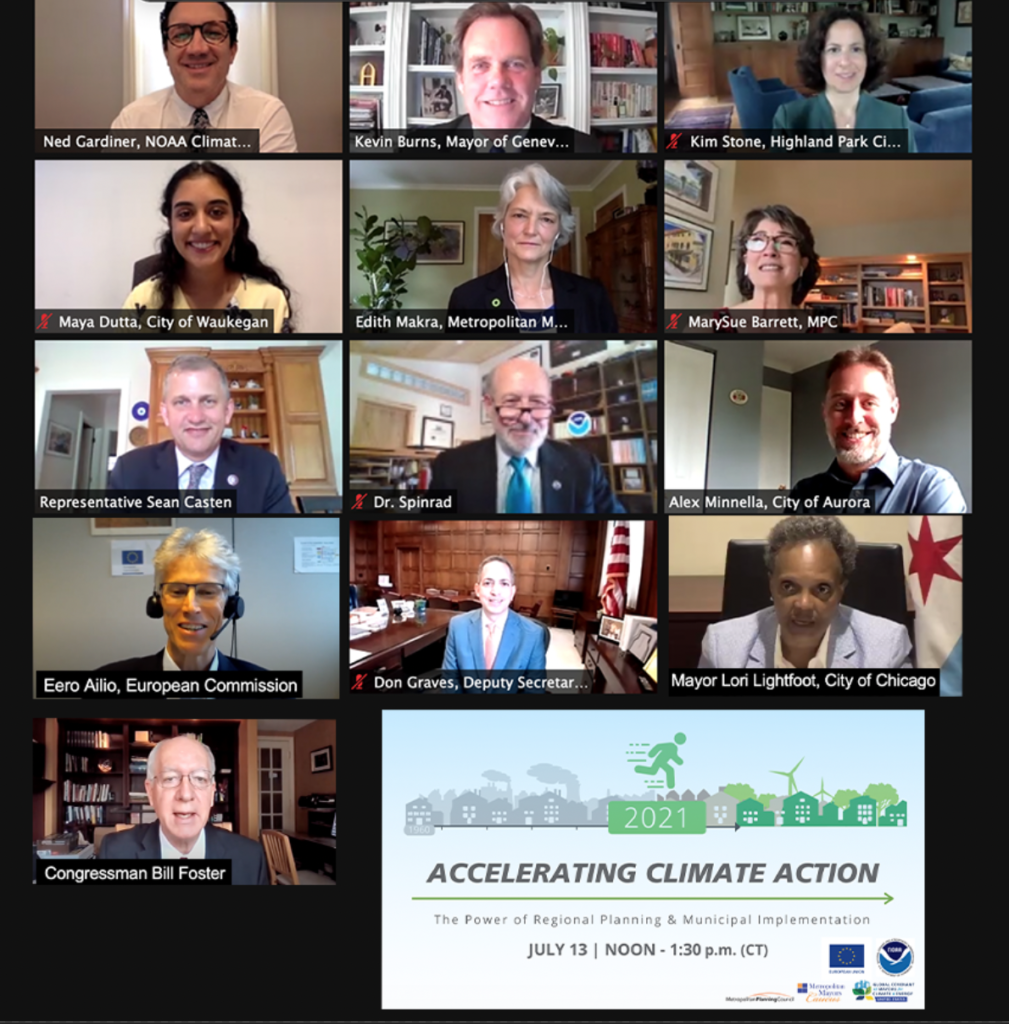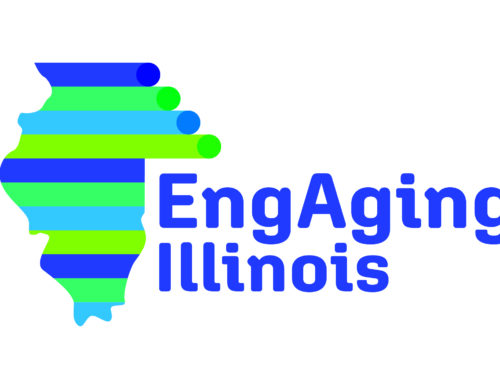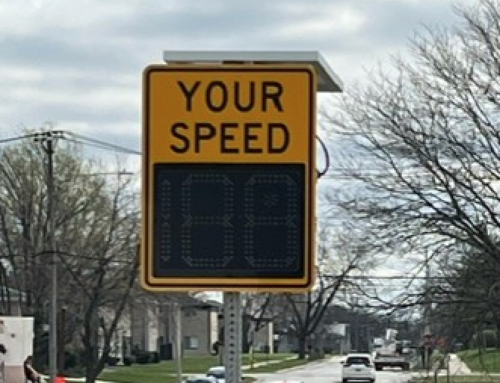
The climate action plan launch event speakers are shown. To view more information about the speakers, go to https://www.metroplanning.org/news/10175/Accelerating-Climate-Action-Speaker-Info.
The Caucus held a launch event on July 13 for its 2021 Climate Action Plan for the Chicago Region with event co-host, the Metropolitan Planning Council, and plan co-author, the National Oceanic and Atmospheric Administration (NOAA). Several news outlets wrote articles about the plan and/or event, which can be viewed below:
- Climate Action Plan gives template for cutting greenhouse gas, supporting clean energy – Kane County Chronicle, July 8, 2021
- Local leaders unveil plan to take on climate change – Daily Herald, July 13, 2021
- Earth gets a boost from suburban Chicago mayors – Sun Times editorial, July 29, 2021
- Chicago Region Prepares to Take Action on Climate Change – WTTW, July 15, 2021
- How Communities are Taking Action Against Climate Change and Steps Toward Environmental Justice – WTTW, July 31, 2021
- Chicago-Area Communities Vow to Slash Carbon Emissions With Ambitious New ‘Climate Action Plan’ – WBEZ, July 24, 2021
- Climate Change Action Plan for the Chicago Region is Unveiled – WBEZ Reset show, June 29, 2021
- How Chicago Is Preparing for Climate Change -WBEZ Reset show, Sept. 7, 2021
- From Information to Action – Building National Climate Resilience – Environmental and Energy Study Institute (EESI) podcast, Sept. 8, 2021
- The Mike Nowak Show, July 25, 2021, episode
- Chicago-area mayors plan 80 percent cut in emissions by 2050 – The Hill, July 13, 2021
- ‘City of Big Shoulders’ embraces a big climate plan – Politico, July 14, 2021, subscription needed to access article
Many of the articles highlight the need for cooperation among leaders at all levels of government to achieve the plan’s goals. The plan aims for net zero emissions and sets interim targets, such as achieving at least an 80% reduction in greenhouse gas emissions from 2005 levels by 2050.
“We are in alignment at every level of government and with community and environmental stakeholders to act rapidly to reduce our greenhouse gas emissions and accelerate a transition to a clean and renewable energy economy,” City of Chicago Mayor Lori Lightfoot said at the launch event, which was quoted in the Daily Herald article. “This is a seminal moment for us and we dare not waste this opportunity. We must act.”
To reach the goals, the climate plan lays out eight objectives for mitigating, or lessening the impacts of climate events. Decarbonizing energy sources, decarbonizing transportation, and reducing building energy usage are three of the factors that will make the greatest difference. For each mitigation objective, municipalities can view strategies to lead in making impactful changes in their own operations, to encourage others to take effective climate action, and to enact policies that will reduce greenhouse emissions. The cost, effort required, and possible partners for the strategies are listed in the climate action plan. (The mitigation strategies are on pages 28-35 and 73-82 of the plan). The plan also contains five objectives for adapting to climate events and building resilience, with a focus on equity. The adaptation section of the plan incorporates the U.S. Climate Resilience Toolkit’s Steps to Resilience and includes strategies communities can take to cope with flooding, extreme heat, and other climate events. (Adaptation strategies are on pages 45-51 and 84-90 of the plan.)
In addition to providing an overview of the plan’s goals and objectives, some of the news articles focus on how the Chicago area plan can serve as a model for other regions.
“This climate action plan is an excellent step toward achieving a net-zero, climate-resilient economy for the Chicago metro region. This plan can serve as a national model for metropolitan areas across the country,” U.S. Deputy Secretary of Commerce Don Graves, who spoke at the launch event, said in a NOAA press release and The Hill article. “Ambitious pushes like this will unleash climate innovation, leading to better technologies and good-paying jobs.”
Climate Action Plan Background
Work on the Climate Action Plan for the Chicago Region started in August 2019, when the Global Covenant of Mayors for Climate & Energy (GCoM) chose the Chicago area as one of just four regions in the U.S. to demonstrate the power of regional and collaborative climate change planning. GCoM and an EU-funded program recognized the Caucus’ Greenest Region Compact (GRC) collaborative as a leading force in municipal sustainability and invited the Caucus to join the Regional and Metro-Scale Climate Leaders initiative at that time.
The Metropolitan Mayors Caucus sought support from NOAA in creating the plan after attending a presentation by NOAA’s Climate Program Office on its community-scale assessment and potential uses of the U.S. Climate Resilience Toolkit’s Steps to Resilience.
Over the next year and a half, the Caucus worked with GCoM and experts at the NOAA to develop a regional climate plan that connects to the Greenest Region Compact and the U.S.Climate Resilience Toolkit’s Steps to Resilience. Specifically, the Caucus and NOAA worked to assess climate-related risks and engage stakeholders in setting targets and developing strategies to reduce greenhouse gas emissions and to develop resiliency to climate change impacts. The project also drew on foundational work completed by the Chicago Metropolitan Agency for Planning (CMAP) to inventory greenhouse gas (GHG) emissions in the region and assess climate risks.
The Caucus held mitigation workshops and adaptation webinars during the climate planning process. A total of 175 organizations and 270 stakeholders attended climate planning meetings, and their input was incorporated into the plan.
Just as collaboration was involved in creating the plan, cooperation to achieve the plan’s goals will be needed from stakeholders at all levels of government. City of Geneva Mayor Kevin Burns, Caucus Environment Committee and Energy Subcommittee Chairman, asked all community leaders to make the plan a “cornerstone” of their municipality’s decision-making, in his message at the start of the climate action plan document.
Mayor Burns wrote, “When all is said and done about our contributions in this life, let the accolades and awards be secondary to what is the most cherished and humble accomplishment we can ever hope for: to be considered good ancestors.”
Launch Event Recording
For those who missed the launch event, a recording can be viewed at https://www.metroplanning.org/multimedia/video/2020.





